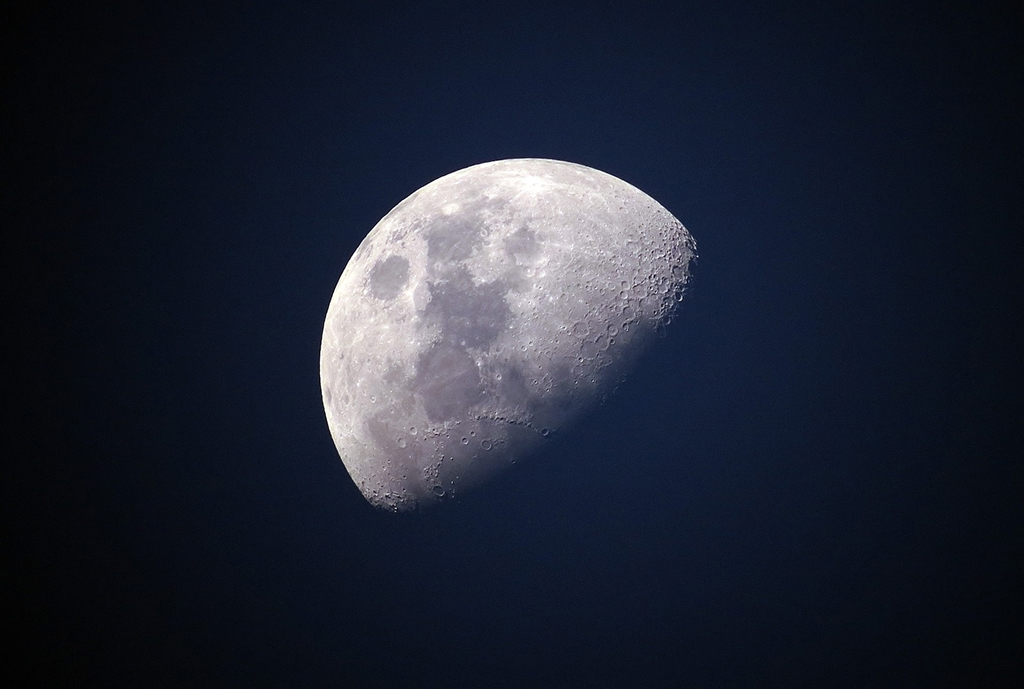
The Office of the Chief Technologist (OCT) of the National Aeronautics and Space Administration (NASA) is seeking technologies for storing energy in extremely cold environments. Energy storage includes methods of storing energy after it has been generated from solar, chemical, or nuclear sources.
Background
NASA is currently preparing for extensive lunar missions, i.e. the Artemis missions, over the coming years with the overall goal of establishing a long-term human presence on the Moon. To effectively establish a sustainable human presence on the surface of the Moon, significant infrastructure will need to be developed to allow the deployment of advanced habit systems for astronauts. A critical component of these habitats will be batteries and power supplies that can both handle the extremes of space, as well as reliably and sufficiently provide necessary power to the habitats.
Constraints
Required:
- Energy Storage Technologies to function at low temperatures (below -50°C)
Desired:
- Technologies to function at temperatures below -50°C
- Fully commercialized products and/or promising materials for extreme temperature applications
Out-of-scope:
- Super/ultracapacitors
- Nanoelectronics
- Flow batteries
- Fuel cells
Possible Solution Areas
- Aeronautics
- Polar/arctic missions
- Nuclear applications
- Cryogenics
- Underwater missions
- Commercial Spacecraft
Desired Outcome of the Solution
NASA is open to different partnership opportunities; partnering with a solution provider with a prototype or commercial technology would be preferable. NASA can provide technical expertise on how to further ruggedize technologies for suitable applications in the extremes of space.
Related Tech Needs
Seeking: Precision Metrology for Navigation and Sensing
Seeking: Fault Detection and Prognosis Technologies
Seeking: Next Generation Lithium Batteries
Seeking: Voice Communication System for Spacecraft
Photo Credit: Ponciano from Pixabay
